What is Machine Guarding and Why Is it Important?
Machine guarding is the installation of physical barriers and safety devices on or around machinery to protect workers from injuries caused by contact with moving parts. It is one of the most important aspects of a safe work environment and is required by law in many jurisdictions. There are several reasons why machine guarding is so important:
- To protect workers from injuries caused by contact with moving parts
- To prevent worker fatigue and frustration
- To improve productivity by reducing downtime
- To reduce the likelihood of operator error
- To lower insurance costs
- To comply with safety regulations
- To create a safer work environment for everyone.
When properly used, machine guarding & safety fencing can significantly reduce the risk of injuries in the workplace. It is important to remember that machine guarding is only effective if it is used properly. Improperly installed or maintained guards can create new hazards, so it is important to follow all manufacturers’ instructions and safety regulations.
The Different Types of Machine Guarding?
There are several different types of machine guarding:
Fixed guards are installed on machines to protect workers from contact with moving parts. They are usually made of metal or plastic and can be either hinged or stationary. Interlocked guards consist of two or more fixed guards that are interconnected so that they cannot be opened independently.
They are used to protect workers from contact with multiple moving parts. Folding guards are hinged guards that can be opened and closed to allow access to the machine. They are often used on woodworking and metalworking machines.
How to Choose the Right Type of Machine Guarding
When it comes to safeguarding your workers from injuries caused by machinery, there is no one-size-fits-all solution. The type of machine guarding you will need depends on the specific risks present in your workplace.
Here are some factors to consider when choosing the right type of machine guarding for your facility:
The type of machinery involved. Different types of machinery present different types of hazards. For example, lathes and drill presses can cause laceration injuries, while power presses and stamping machines can cause crushing injuries.
The size of the machinery. Larger pieces of machinery may require more robust guarding solutions, such as physical barriers or enclosures.
The speed of the machinery. Faster-moving parts present a greater risk of injuries.
The level of access required to the machinery. If workers need to be near the machinery in order to perform their job, then more guarding may be necessary to protect them from injuries.
The Benefits of Using Machine Guarding
There are many benefits to using machine guarding in the workplace, including:
Reduced risk of injuries
Machine guarding can help to reduce the risk of workers being injured by machinery.
Improved productivity
When workers are protected from injuries, they can work more effectively and efficiently. Reduced costs. Injuries can lead to lost time and money due to workers’ compensation claims, medical bills, and lost productivity. Machine guarding can help to reduce these costs.
Improved morale
When workers feel safe in their workplace, they are more likely to be motivated and have a positive attitude. This can lead to improved morale and increased productivity.
Conclusion
Machine guarding is an important part of any workplace, as it helps to protect workers from injuries caused by machinery. There are many different types of machine guarding, and it is important to choose the right type for your specific workplace. The benefits of using machine guarding include reduced risk of injuries, improved productivity, and improved morale. Contact Billington Safety Systems today for machine guarding products.
